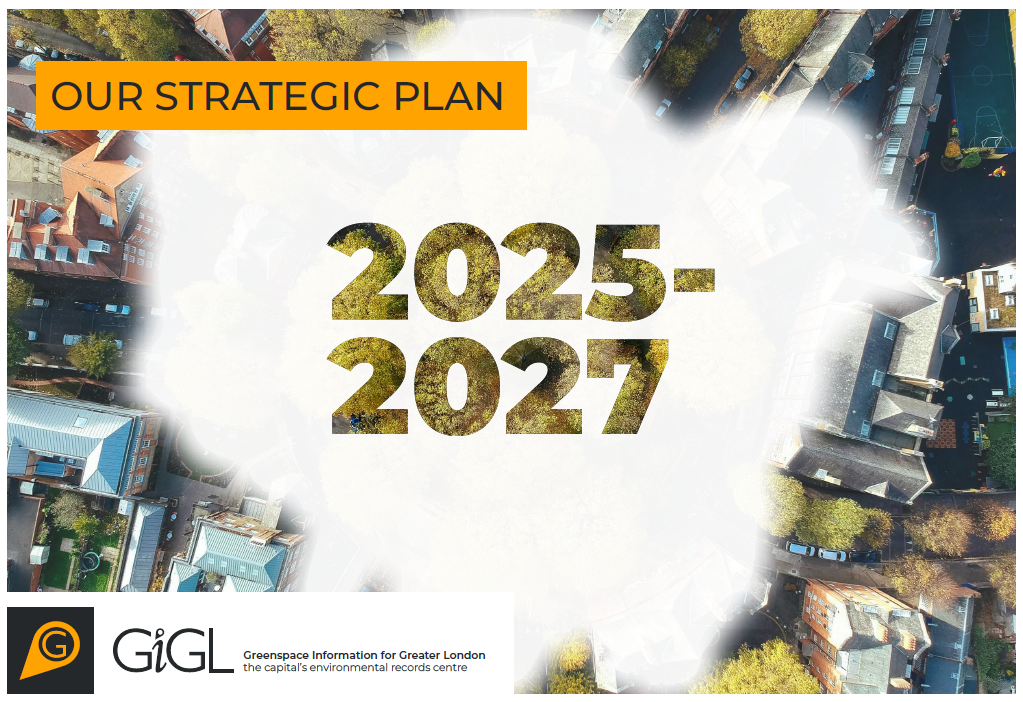GiGL is proudly registered with Social Enterprise UK, meaning that our profits are reinvested into improving our services, enhancing environmental data stewardship, and empowering communities. Our work benefits not only nature but also the people who live in and visit London, supporting local authorities, developers, conservationists, and community groups in making informed decisions about the city’s future. For an introduction to how GiGL operates as a social enterprise, read March’s GiGLer article: The Impact of GiGL as a Social Enterprise.
As GiGL also approach our 20th anniversary in 2026, we’ve released our new 2025–2027 strategy, setting out goals for our community engagement, services, and social enterprise. Learn more here.
We enable our networks to make data-driven decisions, from shaping policy and planning, to supporting research and conservation efforts, and contributing to London’s Local Nature Recovery Strategy and biodiversity net gain initiatives. Below we explore how GiGL delivers impact, with recent examples…
Investing in better data
Because we’re a social enterprise, our profits don’t disappear into shareholders’ pockets, they go straight back into improving our services and data. That means:
- Expanding our network to cover more comprehensive data gathering by engaging more organisations, community members and tools. An example is setting up recent data sharing agreements with the recording app iRecord, as well as our long-term collaborators, the London Natural History Society (who we’ve always exchanged data with but never had a full sharing agreement in place). Thanks to this effort, GiGL now has over 10 million species records!
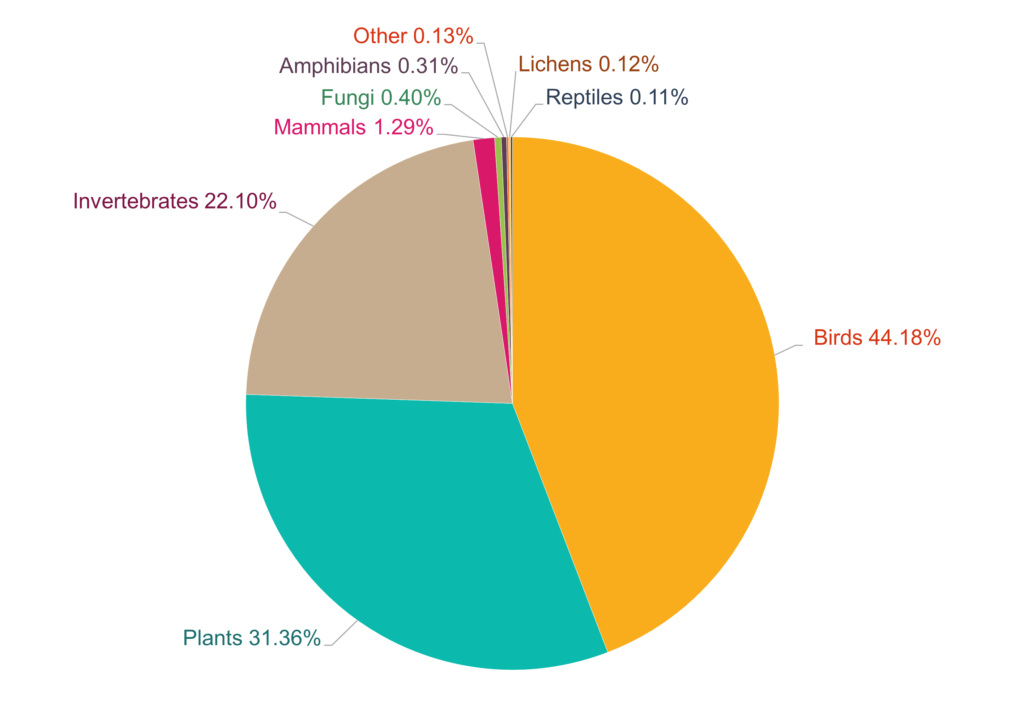
- Developing services to better convey evidence for decision making, such as the recent development of our Ecological Network Map and London-wide Woodland Opportunity Mapping.
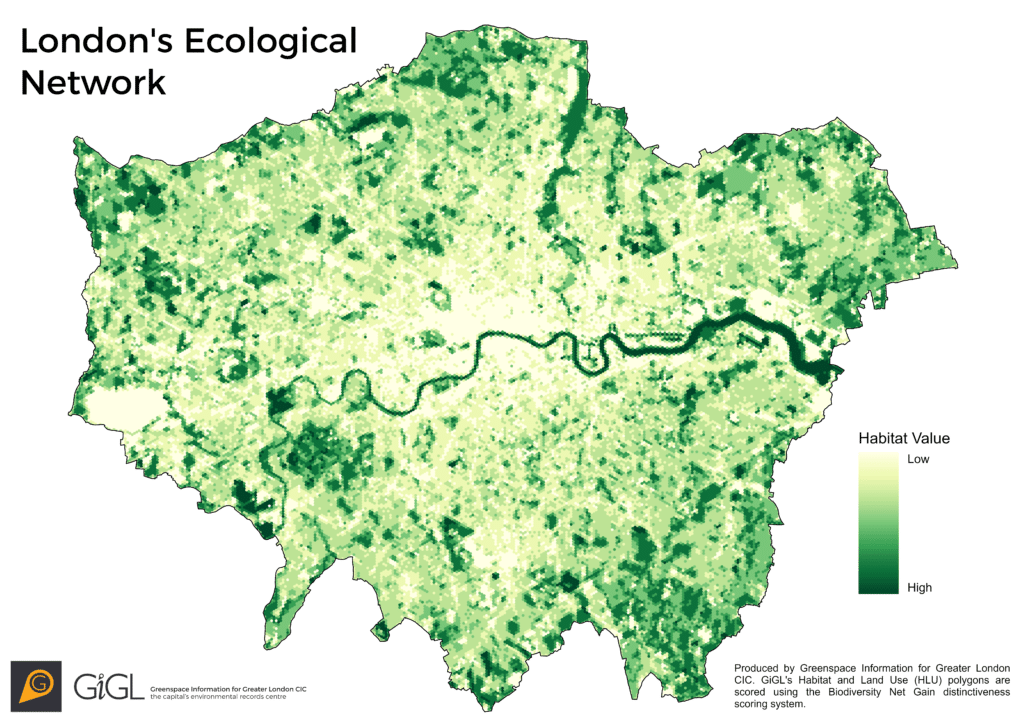
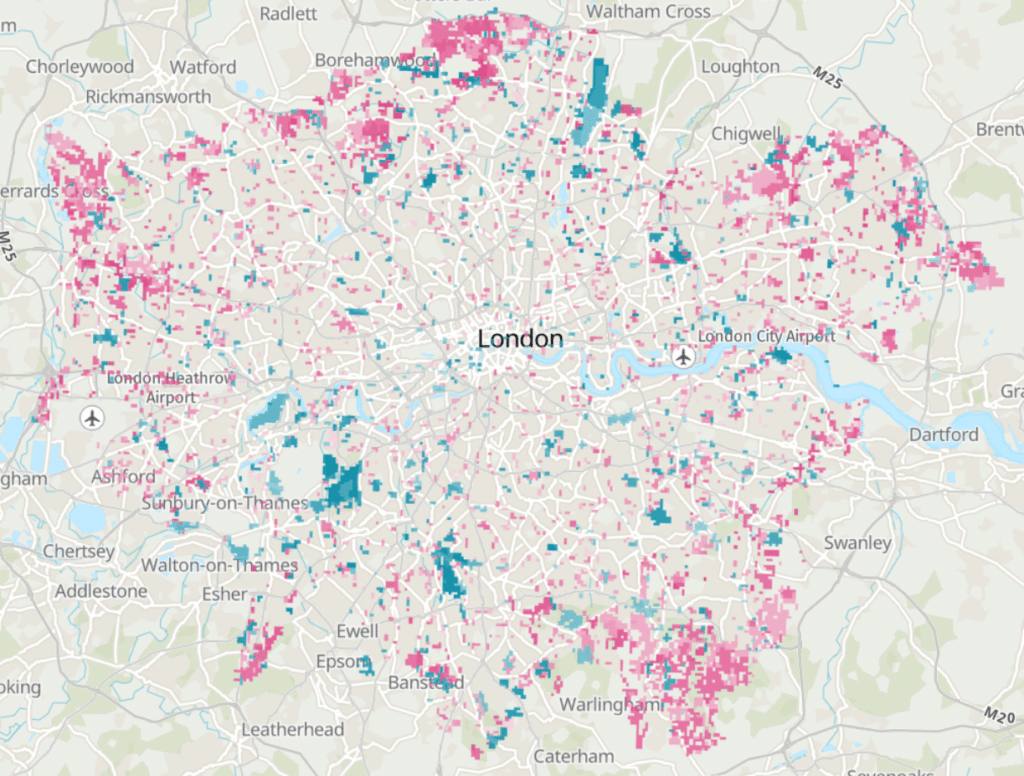
Left: GiGL’s ecological network map. Right: woodland opportunity mapping available to view on Discover London. © Crown Copyright and database right 2025. Ordnance Survey 100032216. GLA
The more accurate and comprehensive our data, the better we can support our community and professional networks.
Supporting the community
GiGL’s data not only aids professionals, it’s also a powerful tool for communities and we have a whole community department dedicated to just this. Our social enterprise model allows us to support local groups, members of the public and students for free, making it easier for them to collect and use environmental data for good. This means:
- Collaborating directly with community members and groups to help them understand how they can advocate for, understand, and improve their local environment. This ranges from providing guidance and data reports to locals contesting planning applications to sharing data outputs with students for their pressing deadlines!
Check out our new Connecting London’s Green Actions interactive map, created to help local initiatives connect and collaborate to enhance London’s community and nature networks.
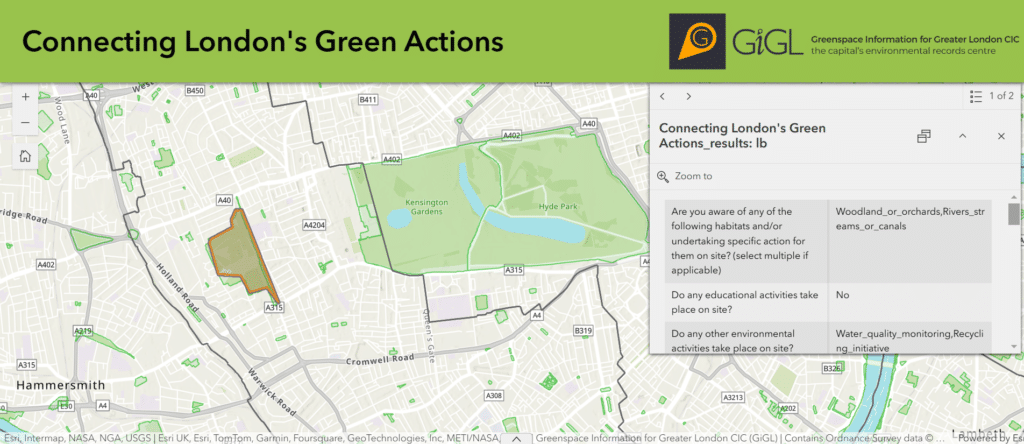
- Raising awareness and engagement through advocating to all Londoners about the importance of environmental data and species recording, showing them how they can get involved and make a difference. Members of the team recently joined the Urban Nature Network Launch and Sutton’s STEAM Fair event, not to mention hosting our very own annual event – the London Day of Nature.
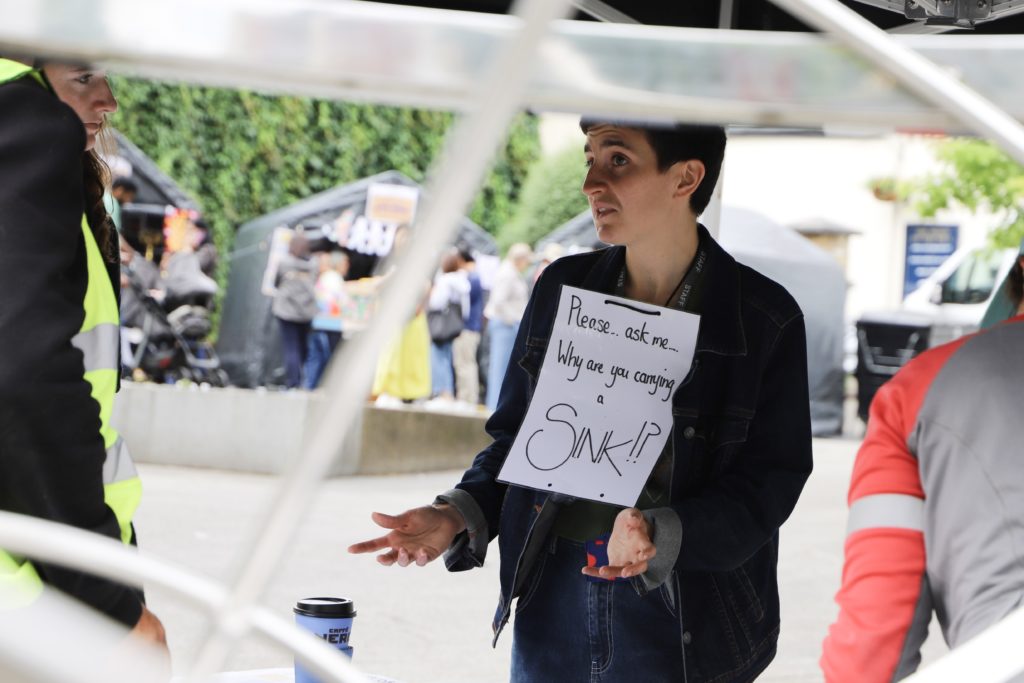
- Making data accessible and understandable by providing user-friendly tools to help people access and interpret complex environmental data. Our Discover London online map is regularly updated, with recent additions including the latest Biodiversity Hotspots map.
Because we invest in our community, GiGL isn’t just gathering data, we’re empowering people to use it.
Building partnerships
One of the reasons GiGL’s data is so valuable is because it reflects a truly collaborative effort. Our status as a social enterprise strengthens our ability to build partnerships across sectors, from local authorities to conservation charities and community groups.
This growing network means that GiGL’s insights are shaping decisions across the capital, from strategic urban planning to local conservation initiatives. We bridge the gap between community needs and policy decisions, ensuring that the benefits of better data reach all Londoners.
A great example, and one showing indirect social impact, is our recent collaboration with long-standing partners, Transport for London, through which we delivered social value by supporting their social and environmental initiatives. We assisted with the development of their Green Infrastructure and Biodiversity Plan through advanced data modelling and visualisations. This exemplifies how close collaboration with partners from the start of an initiative to its completion can result in innovative, meaningful ways to present and analyse complex data for strategy and planning.
What can you do to help our social enterprise?
1. Advocate for GiGL – help raise awareness of GiGL’s role as a social enterprise and the value of environmental data:
- Share your GiGL knowledge and experiences with others.
- Invite us along to events.
- Follow and engage with us on social media.
- Direct people and organisations who could benefit from our services to us.
2. Include GiGL in projects – ensure GiGL’s expertise is factored into funding bids and project plans:
- Contact us early to understand how we can help, we can provide advice, suggestions and eventually a quote based on needs.
- Integrate GiGL’s data into project planning and delivery.
- Contact us early to explore how we can help, we’re happy to offer advice, suggestions, and a tailored quote based on your needs to include in funding bids.
3. Use GiGL data responsibly – support our work by helping protect the value of our data and services:
- Respect data licensing, as not all data is open access.
- Contact us if you’re unsure about data use – we’re always happy to help!

